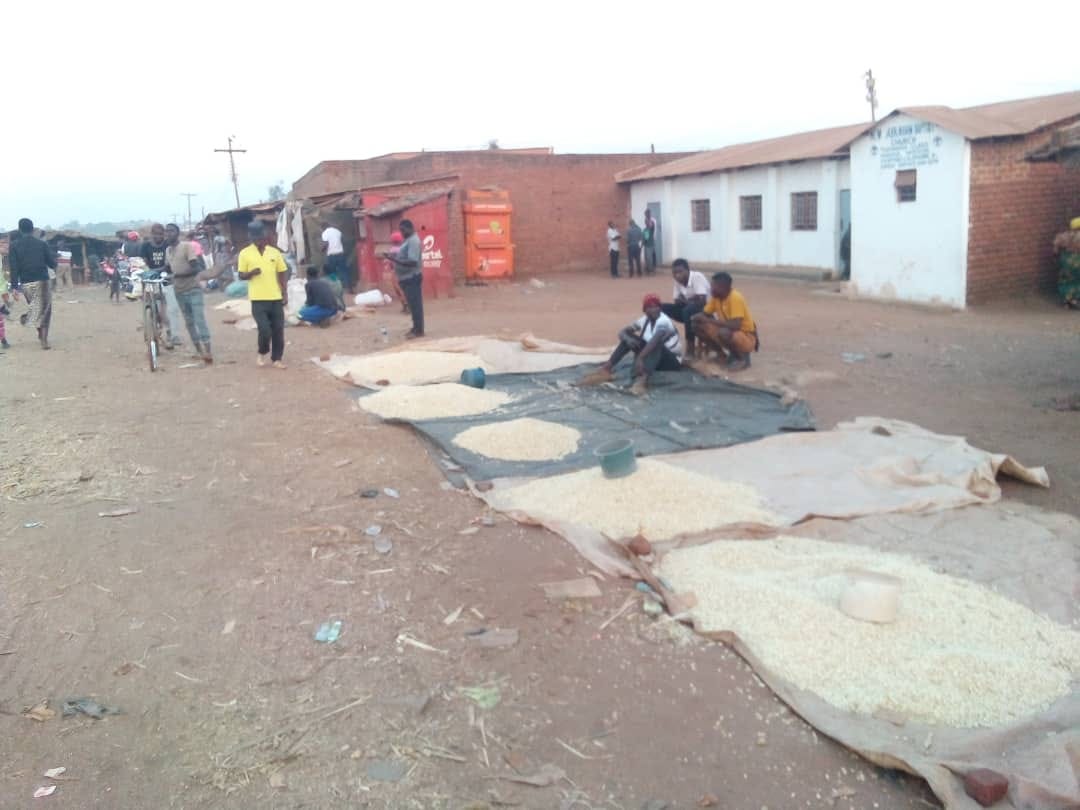Food Security Crisis Looms in Malawi, Warns International Food Policy Research Institute (IFPRI)
In response to this impending crisis, Malawi's Minister of Agriculture, Sam Kawale, says the government has taken swift action.
LILONGWE, Malawi-The International Food Policy Research Institute (IFPRI) has sounded the alarm, stating that the food security situation in Malawi between October 2023 and March 2024 is expected to deteriorate significantly, writes Vincent Gunde.
An estimated 4.4 million people in Malawi will face high levels of acute food insecurity during this period.
IFPRI highlights that the maximum projected price for maize is expected to reach K965 per kilogram, a factor that is likely to adversely affect both rural and urban households, making access to food financially burdensome.
The organization attributes this impending food crisis to a combination of factors, including low food staple production, soaring prices due to inflation, and the global impact of the war in Ukraine.
IFPRI's analysis reveals that the southern region of Malawi, which has experienced recurring shocks such as floods and droughts, has high poverty levels. The majority of households in this region heavily rely on staple crop production.
The dire situation has already begun, with 3 million people, representing a significant portion of the population, experiencing high acute food insecurity since June 2023.
This crisis is expected to persist until September, necessitating immediate measures to protect livelihoods and reduce food consumption gaps.
Looking ahead, IFPRI anticipates that the situation will worsen from October 2023 to March 2024, affecting approximately 4.4 million people.
This large population will require humanitarian assistance to sustain their livelihoods.
IFPRI underscores the urgency of humanitarian food assistance during this period, stating, "Humanitarian food assistance must be implemented from October 2023 to March 2024. There must be an anticipated response from humanitarian organisations to provide crucial food assistance to the affected population."
To address the impending crisis, IFPRI has put forth several recommendations. It calls on ADMARC (Agricultural Development and Marketing Corporation) to stock an adequate maize supply to stabilise prices.
The presence of sufficient grain reserves will ensure food availability during periods of scarcity and help regulate prices to ensure food security for the population.
Additionally, IFPRI recommends that the Government of Malawi take steps to ensure the timely supply and distribution of agricultural inputs through the Agricultural Input Program (AIP).
This move aims to enhance crop productivity, increase agricultural production, and improve food availability, thus bolstering food security in the nation.
Government Takes Swift Action?
In response to this impending crisis, Malawi's Minister of Agriculture, Sam Kawale, says the government has taken swift action.
He visited two of several ADMARC (Agricultural Development and Marketing Corporation) depots where maize was being sold, namely Zingwangwa and Goliati, according to his post on Facebook.
The Minister reported that the process was highly orderly, with everyone allowed to purchase a maximum of 25 kilograms of maize.
Minister Kawale also assured the public that distribution efforts would continue across the southern region, to complete all centres in phase one.
In phase two, mobile markets will be added to bring food closer to the people, ensuring that maize is accessible throughout the year.
Minister Kawale emphasized that while the country has adequate food supplies, diversification of diets is crucial. He urged citizens not to rely solely on maize but to explore various food options to improve nutrition and food security.
As Malawi braces itself for this impending food crisis, the government, with support from IFPRI and other humanitarian organisations, is taking proactive measures to ensure that the nation's food security is safeguarded.
*Additional reporting by Winston Mwale



